Skip to main content

Find more great content in our
previous issues below!
Subscribe
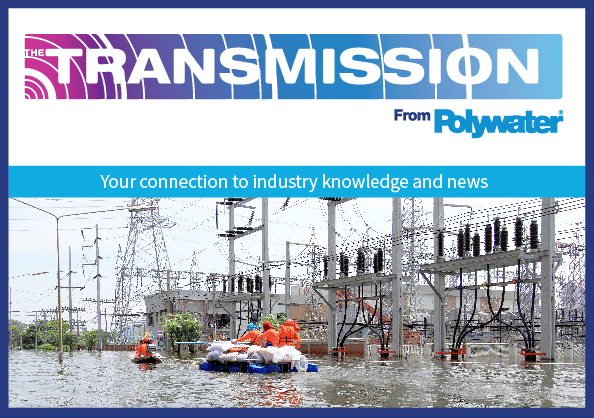
In this Issue:
- Sealing Conduits for Resilient Electrical and Telecommunication Systems
- Welcome Note from Erik Freyser, President
- Understanding How to Calculate Water Head Pressure
- Infographic: Achieve Resiliency by Sealing Vulnerabilities
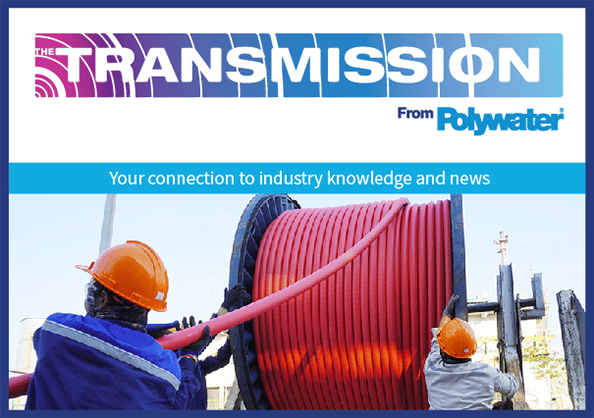
In this Issue:
- Measuring Cable Pulling Friction with a Reel Test
- Coefficient of Friction Testing Methods
- Interview with Sheri Dahlke + Ron Raedeke | Polywater’s Friction Table
- Model and Analysis of Duct Displacement Factor in Fiber Optic Cable Pulling—Part 1
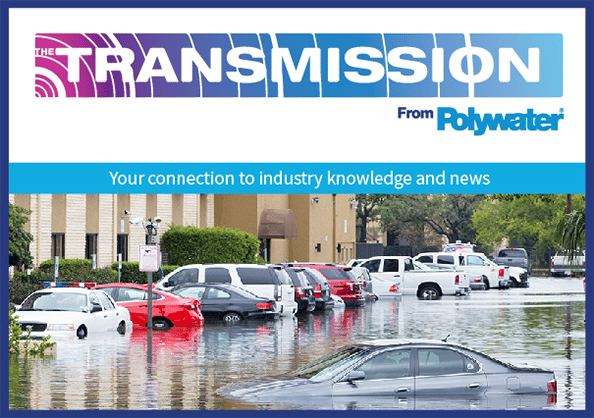
In this Issue:
- Duct Seals Prevent Ruinous Water Damage
- Q&A: The Effect of Pulling Lubricants on High Frequency Data Cable
- How Temperature and Water Influence the Aging of Transformers
- Model and Analysis of Duct Displacement Factor in Fiber Optic Cable Pulling—Part 2
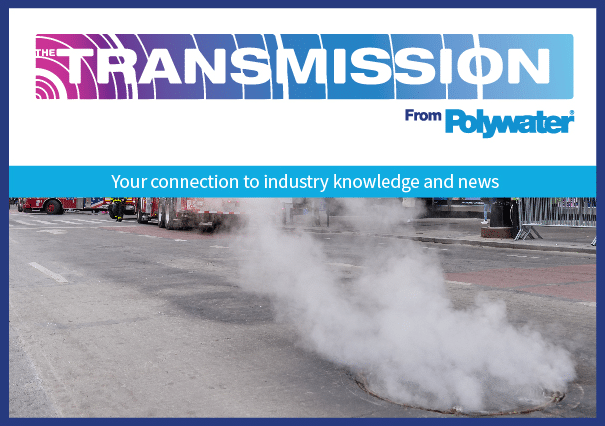
In this Issue:
- Understanding and Mitigating Manhole Explosions: An Interview with Stuart Hanebuth
- Is Meeting a Standard Enough?—An Examination of Duct Sealing Code Compliance.
- Video: Three Key Factors for Selecting the Right Cable Lubricant
- How to Avoid Crushing Fiber Cable During Installation
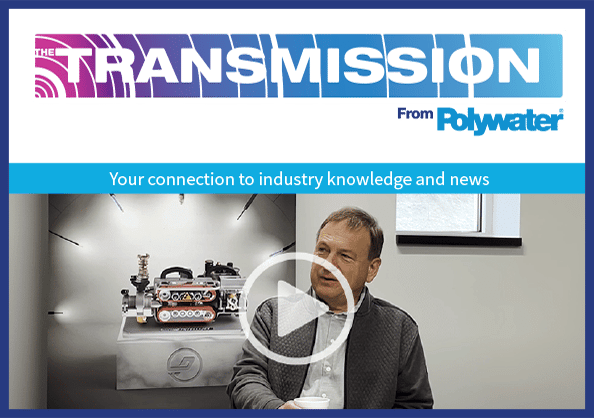
In this Issue:
- The Origins of Lubrication in Cable Blowing: An Interview with expert Willem Griffioen
- How Does Temperature Affect Cable Coefficient of Friction?
- Why Does Duct Putty Fail to Seal Conduits?
- Why Are Airtight and Gastight Conduit Seals Important?
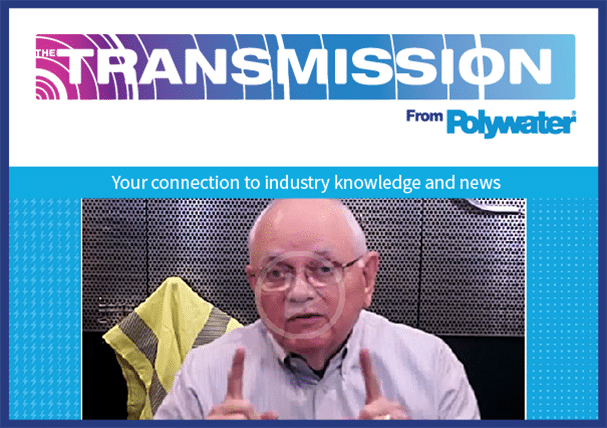
In this Issue:
- The Role of Specialty Cleaners in PPE Safety: Q&A with Randy Barnett, NFPA Certified Electrical Safety Professional (CESCP)
- Why DIY Store Foams Fail to Seal Conduits
- A “Pour” Explanation
- Model and Analysis of Duct Placement Factor in Fiber Optic Cable Pulling – The effect of COF on the Duct Displacement Model
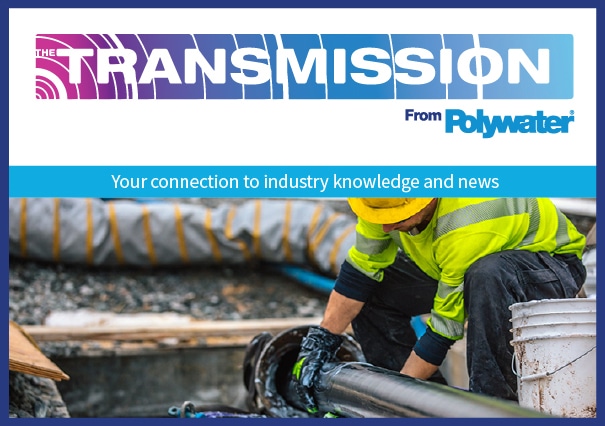
In this Issue:
- Total Cost of Ownership: Tools for Your Future
- The Compelling Logic of Presaturated Cleaning Wipes
- Cable Compatibility in Undergrounding
- How Polyurethane Foams Work: Chemistry, Customization, and End Use Applications
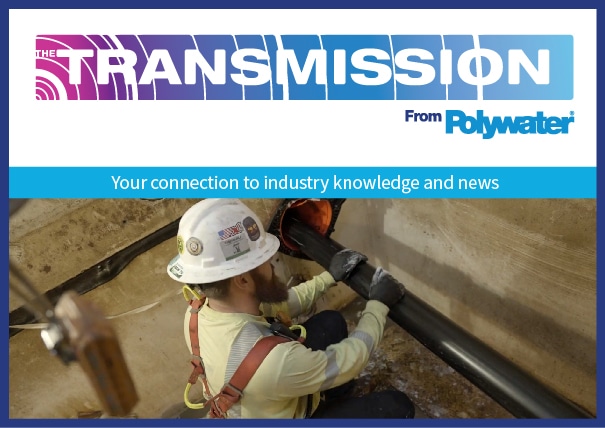
In this Issue:
- Underground Cable Installation Solution Story
- Understanding Exposure to Electrical Cleaning Solvent Vapors
- The Science of Cable Lubrication: Film Thickness and Quantity Recommendations
- How to Seal a Leaking Oil-Filled Transformer
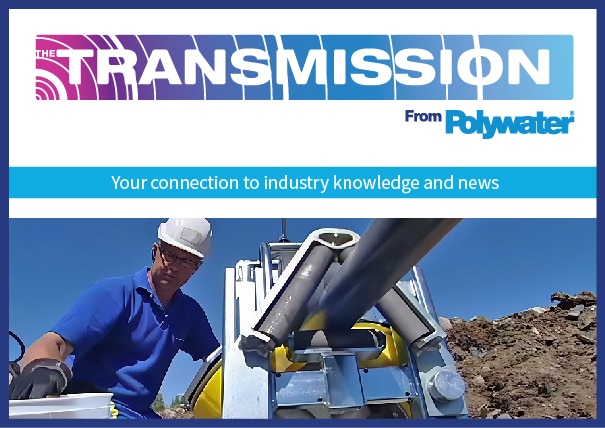
In this Issue:
- The Push and Pull of Utility Undergrounding
- The Importance of Pull Direction in Cable Installation and the Role of Bends
- Coefficient of Friction (COF) Explained
- 10 out of TEN Group: A Quality Q&A Session with Australia’s The Energy Network (TEN Group)
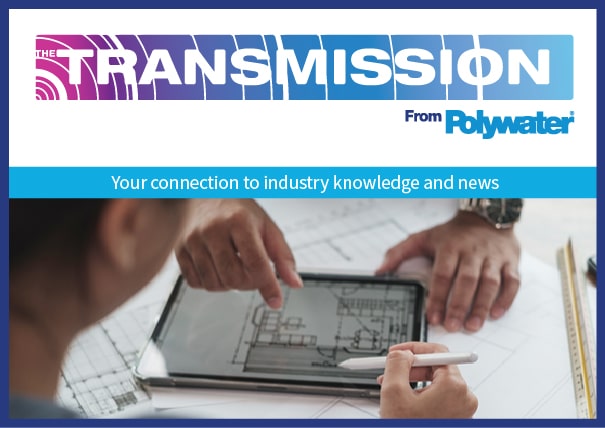
In this Issue:
- Underground Cable-in-Duct Installation: 5 Trends to Consider
- How Prelubrication Increases the Odds of a Successful Cable Pull
- Simple Ways to Help Sustainability Efforts for Underground Cable-in-Duct Installations
- FAQ – Expanding Foam Duct and Conduit Sealing Applications
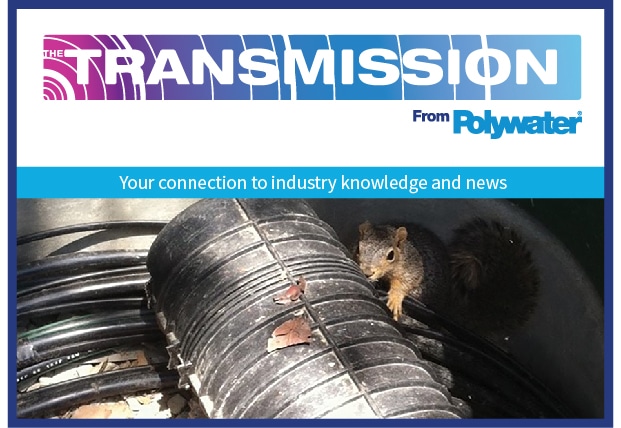
In this Issue:
- Keeping Rodents Out of Critical Infrastructure
- Guide to Cable Lubricant Pumping
- Addressing the Rise of the “Zero-Splice” Rule in Cable Undergrounding
- Investing in Maximum Fiber Optic Cable Installation Longevity

In this Issue:
- Engineers Identify Collaboration as the Key to Successful Cable Installation
- Understanding How Conduit Sealants Perform in the Presence of Fire
- Dispelling Myths About Cable Pulling and Blowing
- The Evolution and Excellence of Polywater: A History of Leadership (part 1)
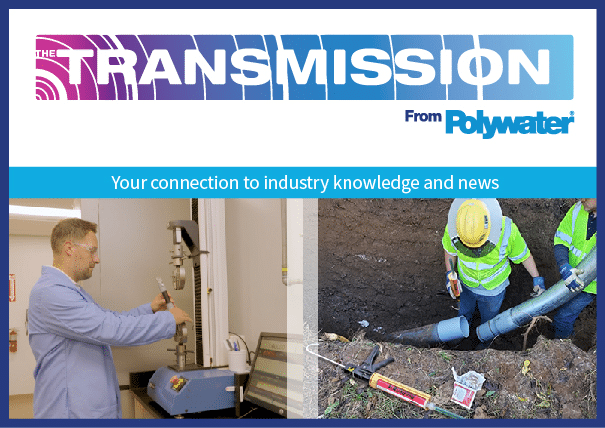
In this Issue:
- Translating Performance Testing to Field Performancein Conduit Adhesives
- Defining a Safety Factor in Underground Cable Pull Planning
- How Quality Cable Lubricants Protect Underground Cable Installation Working Environments
- How to Improve the Operational Lifetime of Cable-in-duct Installations
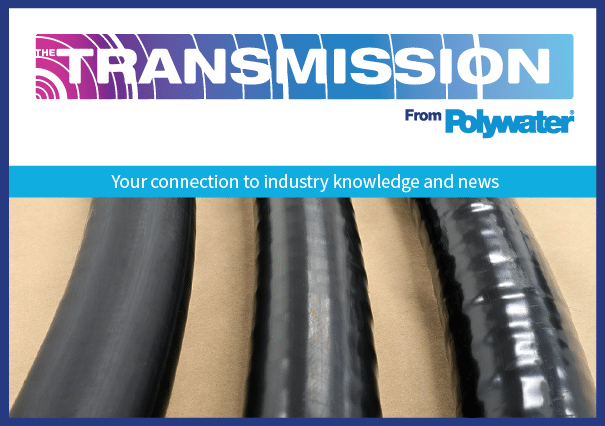
In this Issue:
- The Importance of COF and Material Testing in Optimizing Cable Installation
- Dispelling Myths About Sealing Conduits and Ducts
- How a Remotely Located Power Plant Successfully Repaired a Leaking Transformer
- What’s the Best Way to Lubricate Cable When Installing into Conduit or Duct?














